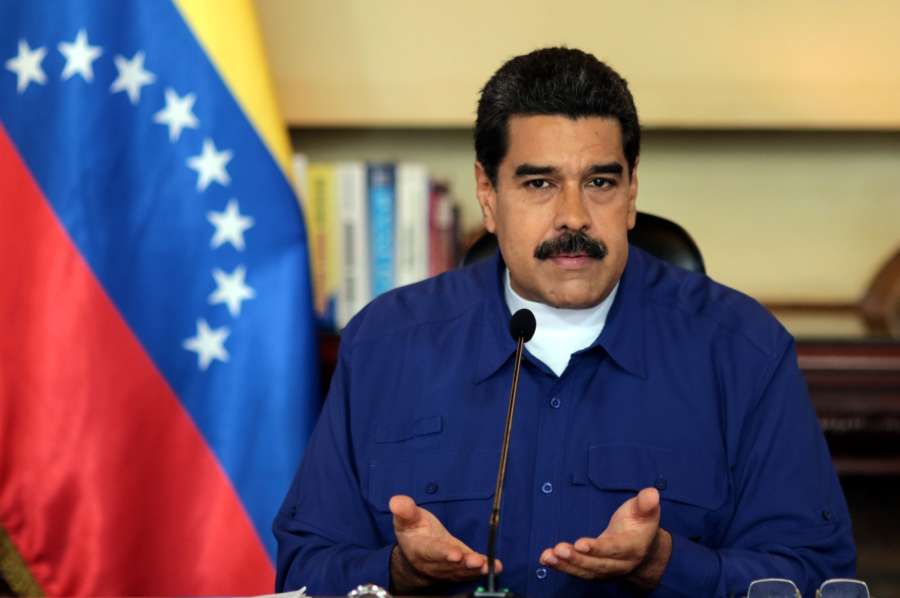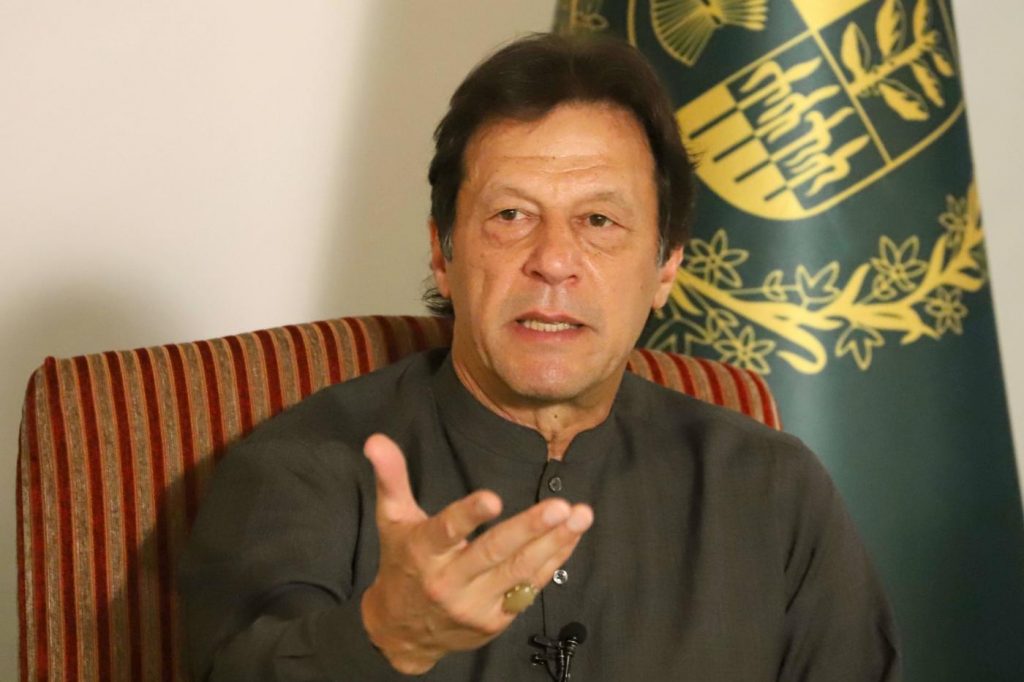Venezuela’s National Assembly (AN) — or Parliament — with its overwhelming opposition majority, approved a law that will govern an eventual political transition in the country and will enter into force once elected President Nicolas Maduro, whom the AN does not recognize, leaves power…reports Asian Lite News

The measure — called the Statute Governing the Transition to Democracy and the Reestablishment of the Constitution — was approved by lawmakers and sets forth, among other things, the duration of a transition government and its political and economic responsibilities.
The text of the law establishes that national elections will be called within 12 months of the installation of the transition government and must completely renew all elected officials within the public branches of government, including the electoral authorities, to make the call for elections effective.
In addition, the law tasks Parliament with ensuring “the effective exercise of the rights to free nomination to popularly elected posts and suffrage,” a clear allusion to the lifting of the political disqualification of several opposition leaders, including two-time presidential candidate Henrique Capriles.
Also, it authorizes officials to draft laws to attend to the “humanitarian emergency” that the anti-Chavista forces assert prevails in Venezuela and to promote the recovery of the country’s economy, which the AN says has contracted by more than 50 per cent since 2013.
The law has six chapters and 40 articles, four more than were originally included with the addition of sections authorizing the AN to appoint the directors of the state-run PDVSA petroleum company and its affiliates, control recovered assets, establish an informative government “gazette” and resolve anything that has not been previously set forth in the legislation.
Lawmaker and former AN president Omar Barboza called the document “indispensable” to the transition and noted that it establishes “the legal and political route” so that this can be accomplished while “respecting the constitutional framework.”
The Parliament, which was declared in “rebellion” three years ago by the Supreme Court, does not recognize the legitimacy of the second mandate of Maduro, who was inaugurated in mid-January, and it has called the Chavista leader a presidential “usurper.”
Thus, the anti-Chavista forces contend that the duties and responsibilities of the executive devolve onto the head of the AN, Juan Guaido, until new elections can be held.
On January 23, Guaido proclaimed himself the country’s interim president, and since then he has established a roadmap whereby the opposition — backed by a large portion of the regional and international community who, likewise, do not recognize the Chavista leader — can remove Maduro from power.








